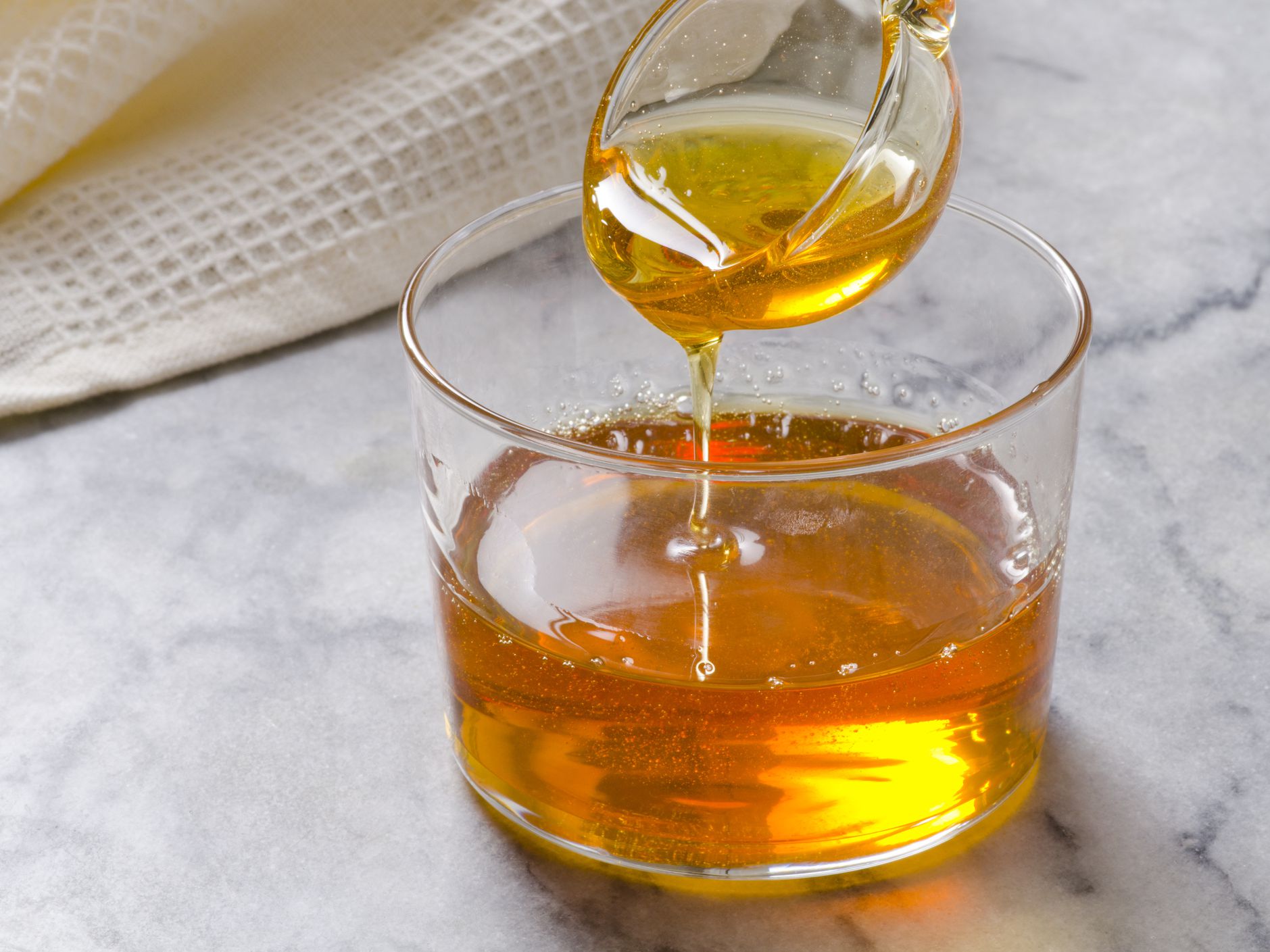Agave syrup is considered a healthy alternative to white sugar. However, the impression that the syrup is a problem-free sugar substitute is misleading. Because agave syrup has two disadvantages.
Agave syrup is a popular sugar substitute and has long been available in many supermarkets. The juice is obtained from agaves, mainly in Mexico, boiled into a syrup and then bottled. The agave syrup is considered healthier than regular white sugar. But is that true? At least it is clear that with its caramel-like taste it is particularly suitable for sweetening desserts. You also don’t need as much agave syrup as sugar when cooking: 70 grams of agave syrup corresponds to about 100 grams of sugar in the recipe.
However, you should use the sweetener sparingly. Because agave syrup has two disadvantages.
Agave syrup really is that healthy

Anyone who bakes and cooks with agave syrup must know: agave syrup is not healthy. Depending on the supplier, the sugar content is 75 to 80 percent (see picture). It is a mixture of fructose (“fruit sugar”) and glucose (“grape sugar”).
The fructose content is particularly high, and that is a problem. Because fructose ensures that fats are stored in the body and can lead to fatty liver. Too much fructose also promotes obesity and high cholesterol levels – and thus the risk of diabetes, a heart attack or a stroke, according to the Apotheken-Umschau. In addition, not all people tolerate fructose (fructose intolerance).
Agave syrup is not healthier than simple household sugar: “However, these sugar alternatives do not offer any health benefits compared to refined sugar because they are metabolized in the same way,” explains Prof. Dr. Hans Hauner at the German Society for Nutrition (DGE).
The minerals and trace elements in agave syrup also do not make the sweetener healthier. The consumer center explains: “The slightly higher content of vitamins or minerals compared to sugar is not relevant”.
How sustainable is agave nectar?
The second downside is: agave nectar is very bad for the environment. There are several reasons for this:
Agaves for agave syrup grow in monocultures on large plantations. Biodiversity and the soil suffer as a result. You can read more about this problem in our article on monocultures.
The agave syrup has to be brought from Mexico to us in Germany. This long transport route causes a lot of CO2 emissions.
Agave syrup is therefore also not recommended from an ecological point of view.
Isn’t there anything positive about agave nectar?

However, there is something else that is positive about agave nectar: it has a low glycemic index. This means that the syrup does not cause blood sugar levels to rise as much. That’s why it fills you up for longer and you don’t get hungry again so quickly. However, this effect also depends on the other ingredients that you use besides agave nectar.
Bottom Line: Overall, agave nectar is no healthier or better than regular sugar. If you absolutely want to use it, pay attention to organic quality. Chemical-synthetic pesticides are not allowed in organic farming. A good regional alternative is sugar beet syrup. It’s not healthier either, but it comes from the region and is also available in organic quality. But you can also make apple syrup yourself – also a regional sugar alternative. Basically, you should try to eat as little added sugar as possible. Because there is already a lot of sugar in many foods.

